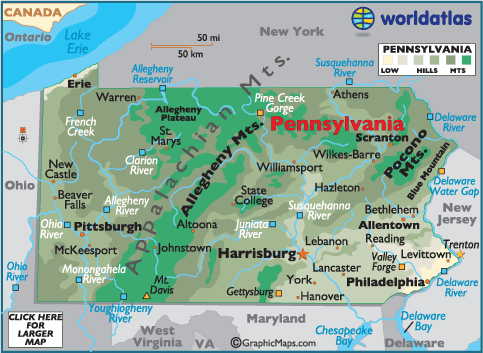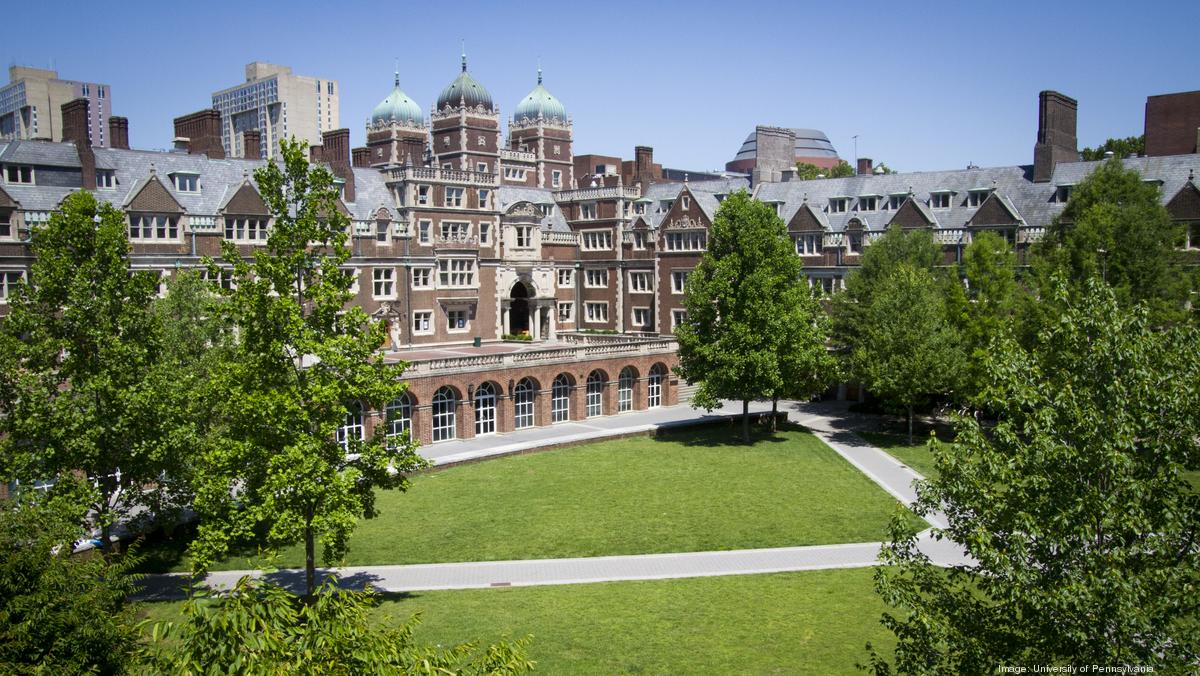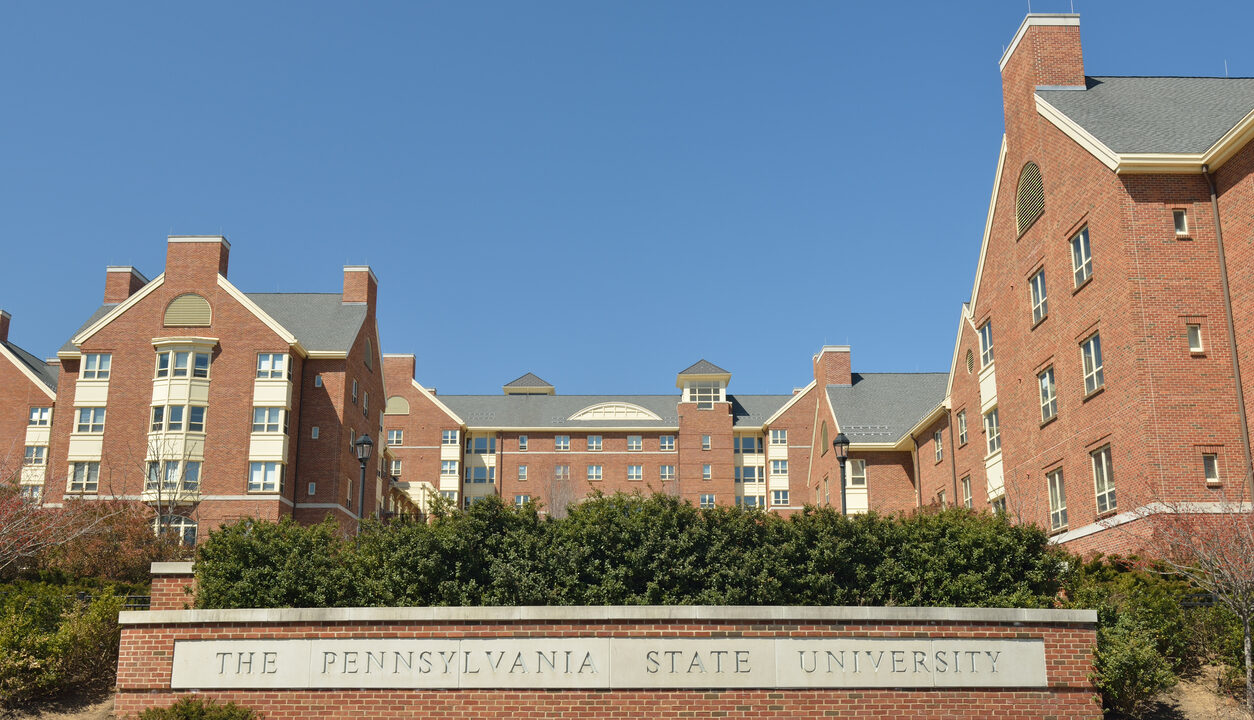Navigating The Landscape Of Higher Education In Pennsylvania: A Comprehensive Guide To Colleges And Universities
Navigating the Landscape of Higher Education in Pennsylvania: A Comprehensive Guide to Colleges and Universities
Related Articles: Navigating the Landscape of Higher Education in Pennsylvania: A Comprehensive Guide to Colleges and Universities
Introduction
In this auspicious occasion, we are delighted to delve into the intriguing topic related to Navigating the Landscape of Higher Education in Pennsylvania: A Comprehensive Guide to Colleges and Universities. Let’s weave interesting information and offer fresh perspectives to the readers.
Table of Content
Navigating the Landscape of Higher Education in Pennsylvania: A Comprehensive Guide to Colleges and Universities

Pennsylvania, a state rich in history, culture, and innovation, boasts a diverse and robust higher education landscape. From prestigious Ivy League institutions to specialized technical colleges, the state offers a wide array of educational opportunities to students seeking to pursue their academic and professional aspirations. Understanding the vast network of colleges and universities in Pennsylvania can be daunting, but this comprehensive guide aims to provide clarity and insight into this dynamic educational ecosystem.
Mapping the Educational Landscape: A Visual Journey
A map of Pennsylvania’s colleges and universities serves as a valuable tool for prospective students, helping them visualize the geographical distribution of institutions and identify those within their desired location. The map reveals a concentration of higher education institutions in the eastern and southeastern regions of the state, particularly around Philadelphia and Pittsburgh, reflecting the historical and economic significance of these urban centers. However, numerous colleges and universities are also scattered throughout rural areas, offering opportunities for students seeking a less urban setting.
Understanding the Diversity of Institutions
Pennsylvania’s higher education system comprises a diverse range of institutions, each with its unique strengths, academic focus, and student experience. This diversity ensures that students can find an institution that aligns with their individual needs and aspirations.
-
Public Institutions: The Pennsylvania State System of Higher Education (PASSHE) encompasses 14 state-funded universities, offering affordable and accessible education to a broad range of students. These institutions often emphasize comprehensive programs across various disciplines, including the arts, sciences, and professional fields.
-
Private Institutions: Pennsylvania is home to numerous prestigious private universities, including several Ivy League institutions, such as the University of Pennsylvania and Carnegie Mellon University. These universities are renowned for their rigorous academic standards, world-class research facilities, and strong alumni networks.
-
Community Colleges: Pennsylvania’s community college system provides affordable and accessible higher education options, offering associate degrees and certificate programs in a wide range of fields. These institutions are particularly valuable for students seeking to acquire vocational skills, transfer to four-year universities, or simply enhance their knowledge and skills.
-
Specialized Institutions: Pennsylvania also houses several specialized institutions, such as art and design colleges, technical schools, and religious institutions. These institutions offer focused programs in specific fields, catering to students with particular interests and career goals.
Factors to Consider When Choosing a College or University:
Selecting the right institution for higher education is a significant decision that requires careful consideration. Here are some key factors to weigh when navigating Pennsylvania’s educational landscape:
-
Academic Programs: Identify institutions offering programs aligned with your academic interests and career goals. Research faculty expertise, course offerings, and program accreditation.
-
Location: Consider the location’s proximity to your home, desired urban or rural setting, and access to amenities and cultural opportunities.
-
Cost and Financial Aid: Explore tuition and fees, scholarship opportunities, and financial aid packages available at different institutions.
-
Student Life and Campus Culture: Evaluate the campus environment, student activities, and social opportunities to ensure a positive and supportive learning experience.
-
Career Services: Assess the availability of career counseling, internship programs, and alumni networks that can assist with post-graduation career planning.
Navigating the Application Process:
Once you have identified potential institutions, the application process begins. Here are some key steps to ensure a smooth and successful application:
-
Research Application Requirements: Each institution has specific application requirements, including standardized test scores, GPA, essays, and letters of recommendation. Familiarize yourself with these requirements and adhere to deadlines.
-
Prepare Application Materials: Submit well-crafted essays that highlight your academic achievements, personal qualities, and career aspirations. Seek guidance from teachers, counselors, or mentors in preparing compelling letters of recommendation.
-
Visit Campuses: If possible, visit campuses to experience the atmosphere, meet faculty and students, and gain a better understanding of the institution’s culture.
-
Submit Applications on Time: Adhere to application deadlines to avoid missing out on opportunities.
FAQs: Addressing Common Questions
Q: What are the top-ranked universities in Pennsylvania?
A: Pennsylvania is home to several highly ranked universities, including:
- University of Pennsylvania (Ivy League)
- Carnegie Mellon University (National University)
- Princeton University (Ivy League)
- University of Pittsburgh (National University)
- Penn State University (National University)
Q: What are some good colleges for students interested in specific fields?
A:
- Engineering: Carnegie Mellon University, Penn State University, University of Pittsburgh
- Business: University of Pennsylvania (Wharton School), Carnegie Mellon University, Temple University
- Arts and Design: Carnegie Mellon University, Tyler School of Art (Temple University), Pennsylvania Academy of the Fine Arts
- Medicine: University of Pennsylvania (Perelman School of Medicine), University of Pittsburgh (School of Medicine), Jefferson Medical College (Thomas Jefferson University)
- Law: University of Pennsylvania (Law School), Temple University (Beasley School of Law), Dickinson Law (Penn State University)
Q: How can I find financial aid opportunities for college?
A:
- FAFSA (Free Application for Federal Student Aid): Complete the FAFSA to determine your eligibility for federal grants, loans, and work-study programs.
- CSS Profile: Some private institutions require the CSS Profile to evaluate your eligibility for institutional financial aid.
- Scholarships: Research and apply for scholarships offered by various organizations, including government agencies, private foundations, and colleges and universities.
Q: What are some tips for choosing a college or university?
A:
- Visit Campuses: Experience the campus environment, meet faculty and students, and gain a better understanding of the institution’s culture.
- Talk to Current Students: Connect with current students to gain insights into academics, student life, and the overall experience.
- Attend College Fairs: Network with representatives from various institutions, explore program offerings, and learn about financial aid opportunities.
- Consider Your Career Goals: Choose an institution that aligns with your career aspirations and provides opportunities for internships, networking, and career development.
- Don’t Be Afraid to Ask Questions: Seek guidance from counselors, teachers, and mentors to ensure you make an informed decision.
Conclusion:
Pennsylvania’s diverse and robust higher education system offers a wealth of opportunities for students seeking to pursue their academic and professional aspirations. By understanding the map of colleges and universities, exploring different institutions, and considering key factors such as academic programs, location, cost, and student life, prospective students can navigate this dynamic landscape and find an institution that aligns with their individual needs and goals. The journey of higher education in Pennsylvania is a rewarding one, filled with opportunities for intellectual growth, personal development, and career advancement.








Closure
Thus, we hope this article has provided valuable insights into Navigating the Landscape of Higher Education in Pennsylvania: A Comprehensive Guide to Colleges and Universities. We thank you for taking the time to read this article. See you in our next article!